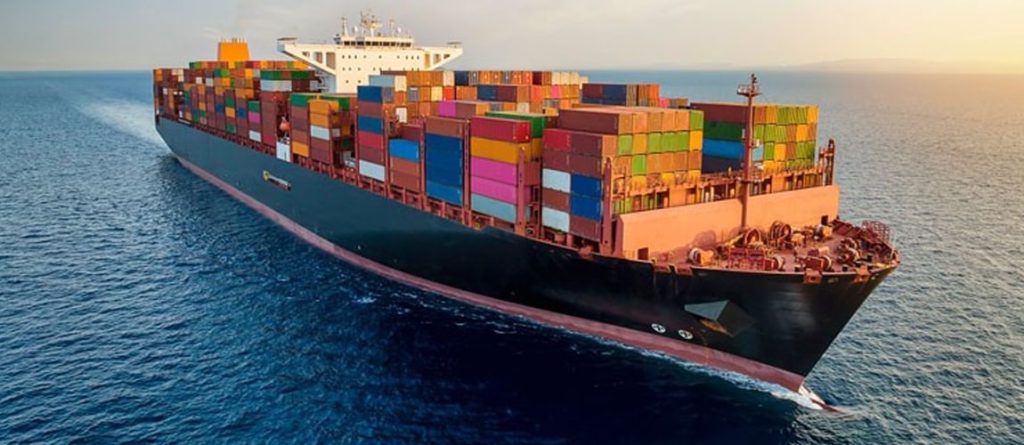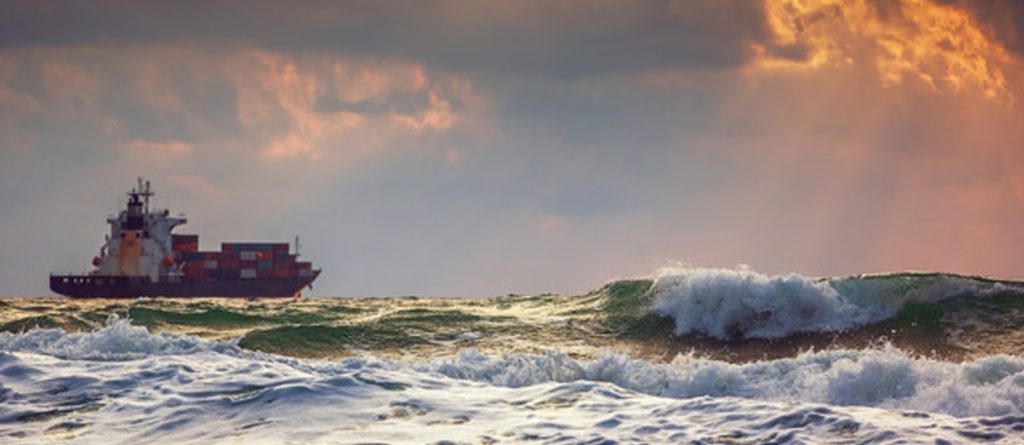
Marine cargo insurance, often known as “Marine Cargo Insurance,“ plays an important role in promoting global commerce by providing monetary safeguards against the many hazards associated with the movement of commodities across oceans and seas. This industry is witnessing significant alterations in 2023, driven by changing global trade dynamics, technology breakthroughs, and environmental concerns. This blog examines the growing patterns in Marine Cargo Insurance for 2023 and how they are transforming the business.
1. Marine Cargo Insurance Digital Transformation
The digitalization of the marine freight insurance market is complete by 2023. Traditional paper-based and manual processes are being phased out in favor of digital solutions, which make the insurance process more efficient and transparent. Blockchain, artificial intelligence (AI), and the Web of Things (IoT) are being used by businesses to streamline financing, claims processing, and risk assessment in Marina Cargo Insurance.
Digitalization not only improves transaction speed, but it also increases transparency and decreases fraud. It enables insurers to more correctly assess risks by examining real-time data from IoT devices on cargo ships, allowing insurance to be tailored to specific shipments and routes.
2. Marina Cargo Insurance and Climate Change

Rising sea levels, harsh weather events, and altering trade routes are all hurting freight transportation as a result of climate change. As a result, climate-related risks are increasingly being incorporated into marine cargo insurance contracts. More specific coverage alternatives for climate-related disruptions, such as covering for delays induced by poor weather conditions, can be expected in 2023.
Furthermore, in Marina Cargo Insurance, there is a rising emphasis on sustainability. Companies are seeking for methods to decrease their environmental impact, and insurance are responding by providing premium discounts for environmentally friendly actions such as adopting sustainable shipping containers or opting for greener transportation choices.
3. Information security Maritime Industry Difficulties
The marine industry is becoming increasingly exposed to cyber threats as it grows more networked through digital technologies. In 2023, the marine cargo insurance industry will be dealing with new risks related with cyberattacks on shipping businesses and their supply chain partners. Marina Cargo Insurance providers are designing specialist policies to handle these new concerns, including coverage for potential losses caused by information theft, ransomware attacks, or disruptions in shipping operations caused by cyber disasters.
4. Changing Trade Routes and Geopolitical Threats
Global trade routes are constantly changing as a result of geopolitical developments and economic changes. Due to diminishing ice, new commercial routes, such as the Arctic maritime route, are becoming more accessible, while traditional routes face geopolitical problems.
These changes cause uncertainty and potential concerns for cargo transportation. In response, marine cargo insurers are devising policies that adapt to shifting trade dynamics, provide coverage for emergent routes, and manage geopolitical concerns.
5. Pandemic Coverage
The COVID-19 pandemic highlighted flaws in global supply lines and hindered cargo transportation. In 2023, marine cargo insurers will offer specialist coverage choices for pandemics and other health catastrophes. These plans may compensate for losses incurred as a result of cargo delays, postponements, or damages caused by outbreaks of disease or other emergencies pertaining to public health.
6. Industry Specific Coverage
It is no longer possible to find a one-size-fits-all solution for marine cargo insurance. Insurers will provide more customized coverage alternatives tailored to the individual demands of various sectors by 2023. You may expect to find customized marine cargo insurance coverage tailored to safeguard your particular cargo and supply chain risks whether you work in the automobile, pharmaceutical, or electronics industries.
7. Improved Collaboration and Risk Management
Shippers, cargo owners, and insurers are increasingly cooperating to better control risks. In 2023, we expect increasing collaboration among these parties to identify and reduce supply chain risks. Insurers collaborate closely with their clients to provide risk assessment services and risk-mitigation advice.
8-Sustainable Shipping Practices
Sustainable is an inspiration in the maritime freight insurance industry. Transporters and cargo owners are increasingly looking for environmentally friendly shipping choices, and insurers are reacting by rewarding sustainable operations. In the year 2023, we can expect to see more insurance firms offering lower rates and incentives to vessels that use cleaner fuels, deploy emission reduction technologies, or apply ecologically responsible cargo handling and transportation techniques. Sustainable shipping entails not only decreasing environmental effect but also limiting risks linked with potential environmental liability.
9.AI and the Analysis of Data for Risk Assessment
Artificial intelligence (AI) and powerful data analytics are transforming risk evaluations in marine cargo insurance. Insurers are using AI algorithms to evaluate massive volumes of data, such as past claims data and weather patterns.
They can better forecast future hazards and give accurate premium pricing as a result. This data-driven strategy also allows insurers to personalize coverage options depending on their clients’ unique needs and risk profiles, enhancing the entire customer experience.
10. Blockchain for Traceability and Transparency
By improving transparency and traceability, blockchain technology is creating waves in the marine freight insurance market. We may expect an increase in the use of blockchain-based systems for verifying cargo possession, monitoring shipments in real time, and simplifying claims processing in 2023. The immutable ledger of blockchain means that all stakeholders, from insurance to shippers and customs officials, have access to tamper-proof documents, which reduces conflicts and fraud.
11 Investing in Climate-Resilient Infrastructure
Governments and private sector entities make investments in climate-resilient infrastructure as public and private sector awareness of the hazards of climate change grows. Insurers are working with infrastructure investors to build or adapt harbors, terminals, and storage facilities to resist the effects of climate-related catastrophes. These improvements not only decrease risks for cargo owners, but also help insurers in the long run by cutting possible claim payouts.
12. The Evolution of Parametric Insurance
In the marine freight insurance business, metric insurance is gaining traction. Parametric insurance, as opposed to standard indemnity-based plans, pays out fixed sums based on particular trigger events such as extreme weather, piracy occurrences, or port closures.
In the case of a covered loss, this strategy allows cargo owners to obtain payments more quickly, lowering the administrative cost of claims processing. More insurers are expected to offer parametric alternatives in 2023, letting consumers to tailor coverage to their specific risk exposure.
13. Trade Across Borders and Regulatory Compliance
The difficulties of international legislation and compliance requirements are increasing as cross-border trade grows. Marine cargo insurance are actively aiding their clients in complying with these standards in 2023. They provide cargo owners with services and instruments to assure compliance with customs, sanctions, and safety norms. This proactive strategy not only reduces the possibility of delays and fines, but it also strengthens the relationship between insurers and their clients.
Including small and medium-sized businesses (SMEs) in Coverage
Historically, major firms with huge cargo quantities had easier access to marine cargo insurance. However, we will see a trend toward more inclusive coverage alternatives for small and medium-sized firms (SMEs) in 2023. Insurers are designing policies to fit the specific needs of SMEs, giving inexpensive coverage that helps smaller enterprises to confidently participate in international trade.
Conclusion
Marina Cargo Insurance will be at the forefront of global trade innovation and adaption in 2023. Among the growing trends affecting the business are responsible shipping practices, based on artificial intelligence risk evaluation, bitcoin transparency, climate-resilient facilities flexible insurance, legal help, and comprehensive coverage for SMEs. By adopting these trends, marine cargo insurers not only reduce risks for their clients, but also contribute to a more efficient, sustainable, and safe global supply chain. Cargo owners and insurers alike should keep aware and take advantage of these evolving possibilities regarding marine cargo insurance to stay competitive and protect their interests.

 07424380227
07424380227